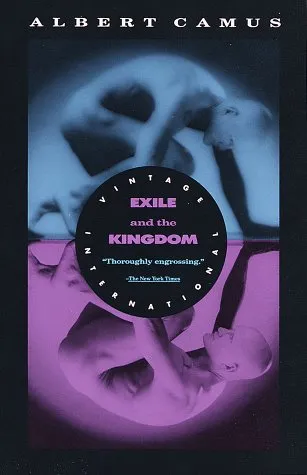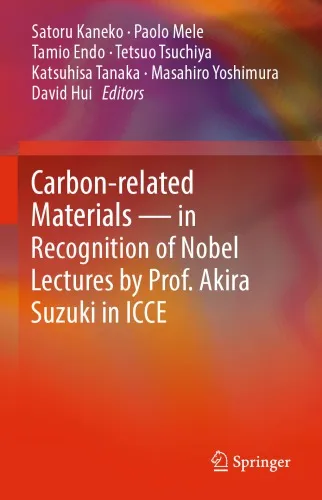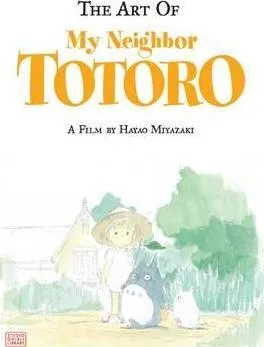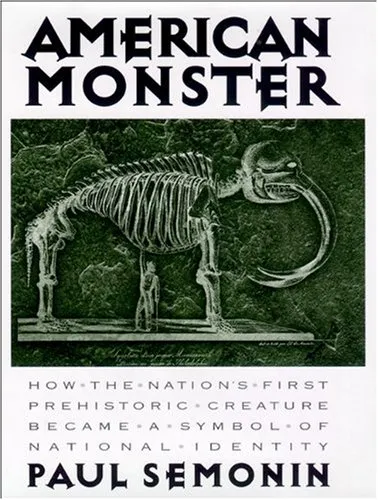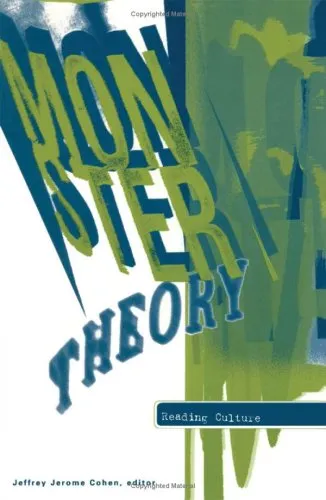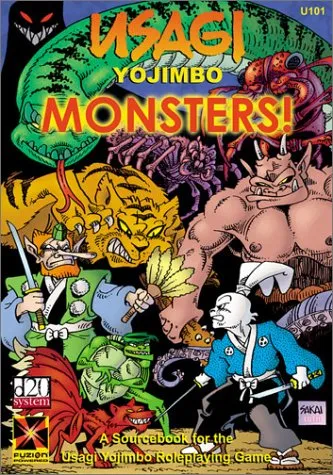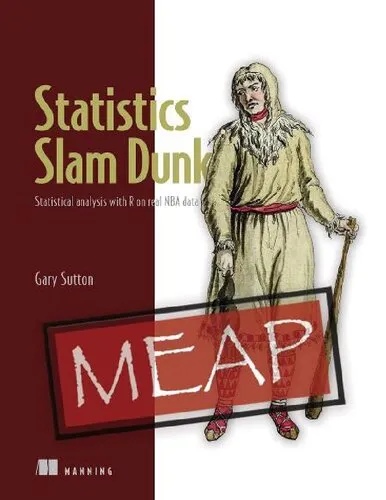Exile and the Kingdom
4.4
Reviews from our users

You Can Ask your questions from this book's AI after Login
Each download or ask from book AI costs 2 points. To earn more free points, please visit the Points Guide Page and complete some valuable actions.Related Refrences:
Introduction to 'Exile and the Kingdom'
Written by the eminent author Albert Camus, 'Exile and the Kingdom' is a profound collection of six short stories that delve into the complexities of human existence, isolation, and the quest for freedom. Published in 1957, this evocative book showcases Camus' philosophical depth, bringing forth themes that resonate with readers long after the last page is turned. In this renowned collection, Camus explores various themes, from existentialism to absurdism, making it an essential read for those interested in philosophical literature.
Detailed Summary
'Exile and the Kingdom' contains six stories, each providing a unique viewpoint on human nature and the struggles against the absurdity of life. The stories share a thematic commonality of exile and the search for belonging, paradoxically leading characters towards an uncertain kingdom.
The collection begins with “The Adulterous Woman,” a tale that explores the spiritual awakening of a woman trapped in a passionless marriage. In “The Renegade or a Confused Spirit,” Camus tells the story of a missionary's perilous journey into a community that ultimately leads to his existential crisis. “The Silent Men” follows the story of a group of workers whose existence depends on maintaining silence in the face of adversity. “The Guest” revisits themes of hospitality and moral ambiguity as a schoolteacher must decide the fate of an Arab prisoner. “Jonas or the Artist at Work” provides a satirical take on the life of an artist, exploring the dichotomy between personal and professional life. Lastly, “The Growing Stone” depicts a French engineer's journey into Africa, confronting belief and doubt.
Key Takeaways
- Exploration of Existentialism: Each story offers deep insights into existential themes, questioning life's purpose and the individual's role in a seemingly indifferent universe.
- Complex Human Emotions: Through concise yet potent narratives, Camus presents an intricate tapestry of human emotions, revealing the depths of despair and the elusiveness of happiness.
- Absurdism: True to Camus' philosophical beliefs, the stories explore the absurd nature of existence, emphasizing the perpetual conflict between the human desire for meaning and the universe's silence.
- Moral Dilemmas: 'Exile and the Kingdom' challenges readers with moral questions, often without clear answers, prompting reflection and discourse.
Famous Quotes from the Book
"Above all, in order to be, never try to seem."
"Freedom is nothing but a chance to be better."
Why This Book Matters
'Exile and the Kingdom' remains a significant work for several reasons. First, it demonstrates Camus' mastery of narrative through its profound storytelling and vivid, philosophical insights. Each story serves not only as a window into individual life's struggles but also as a broader reflection on societal norms and the human condition.
Further, the book is a quintessential representation of Camus' philosophical ideologies, particularly absurdism. It challenges readers to face the absurd, navigate existential angst, and ultimately seek personal freedom within their constraints.
The intricate interweaving of philosophical thought with narrative makes 'Exile and the Kingdom' a seminal text for those studying philosophy, literature, or human psychology. Its influence persists, encouraging introspection and challenging preconceived notions about life, freedom, and moral responsibility.
Free Direct Download
You Can Download this book after Login
Accessing books through legal platforms and public libraries not only supports the rights of authors and publishers but also contributes to the sustainability of reading culture. Before downloading, please take a moment to consider these options.
Find this book on other platforms:
WorldCat helps you find books in libraries worldwide.
See ratings, reviews, and discussions on Goodreads.
Find and buy rare or used books on AbeBooks.
1362
بازدید4.4
امتیاز0
نظر98%
رضایتReviews:
4.4
Based on 0 users review
Questions & Answers
Ask questions about this book or help others by answering
No questions yet. Be the first to ask!
